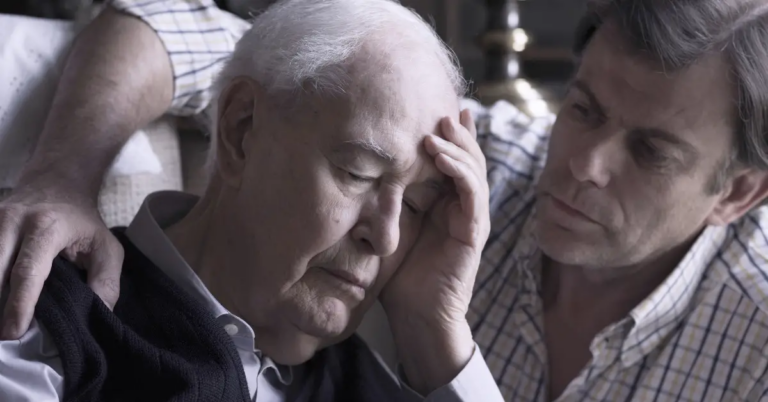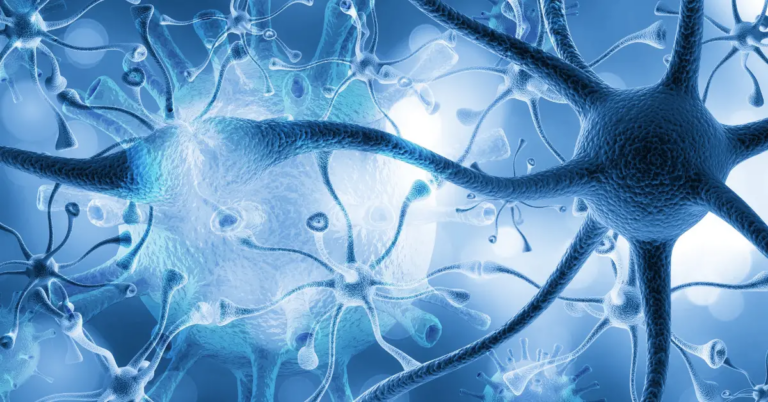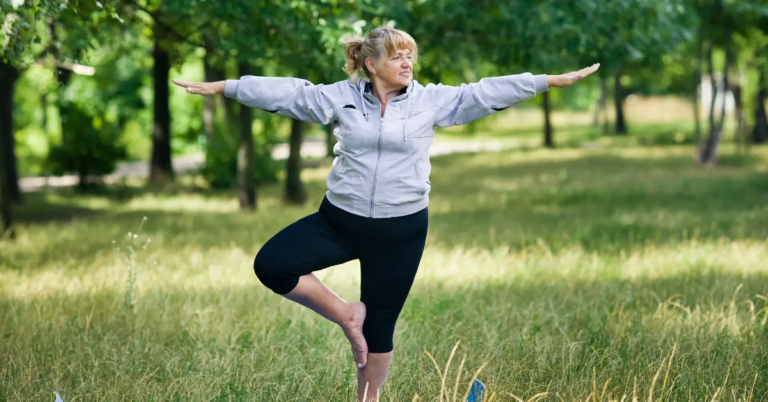These Antioxidants May Help Prevent Dementia, Study Reveals
The onset of dementia and dementia-related diseases has increased in recent years due to an aging population. Worldwide, dementia is the seventh leading cause of death, with an estimated 55 million showing symptoms and 10 million new cases each year. [1] In the United States, the number of people thought to have Alzheimer’s or dementia-related…




















